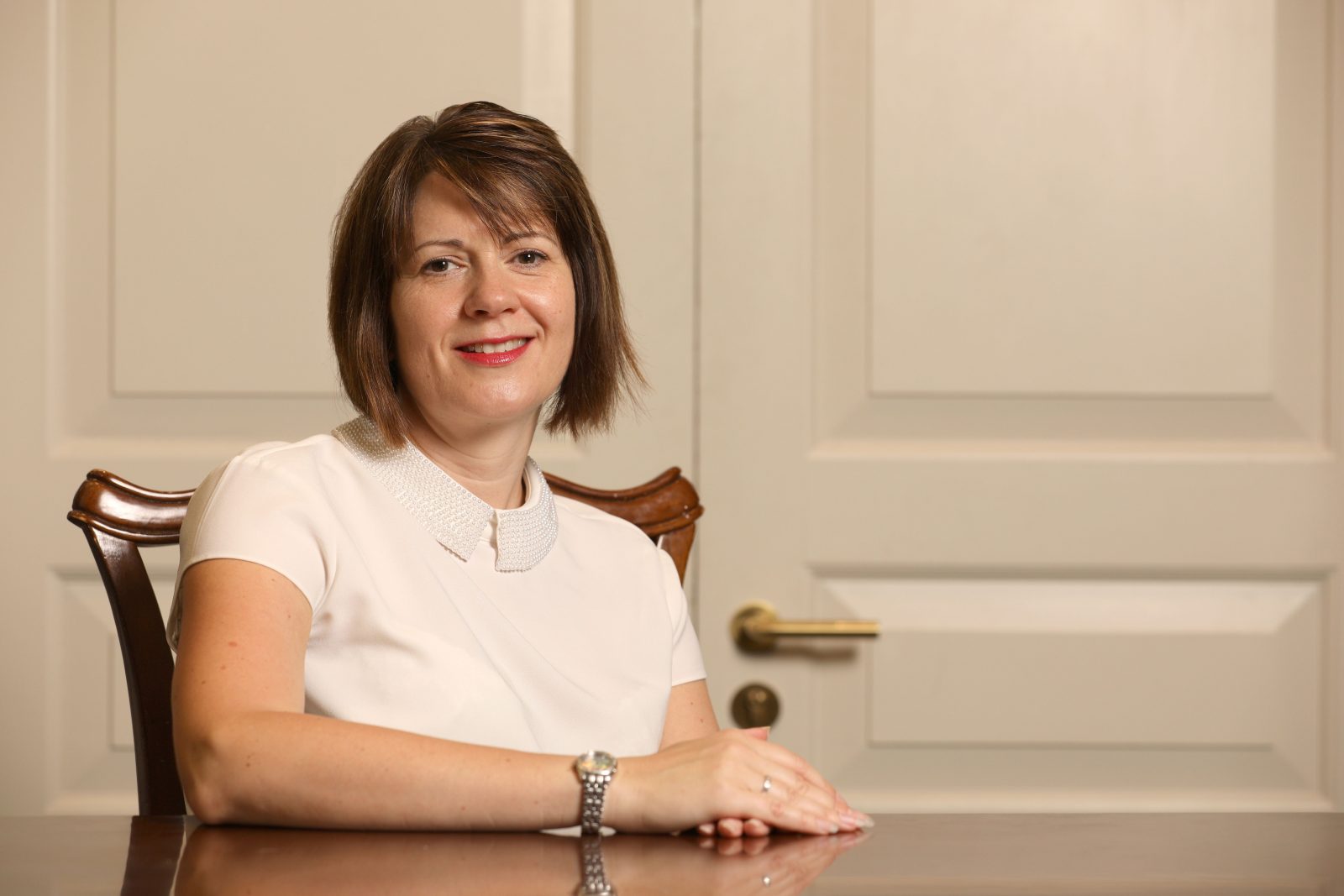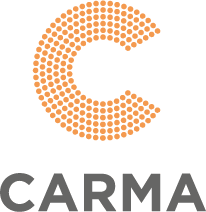Olivia Shalofsky had the pleasure of meeting Emma Leech for coffee last week to discuss her new role, and her advice to the next generation of PR professionals in the industry
1. What made you go into Marketing and Public Relations?
I was supposed to study History at Oxford, though I realised for multiple reasons this was not in my best interest. Instead, I became a PR consultant for a fashion-consumer start up. I organised photo shoots and got stuck in from day one, but began asking myself after a short time; what next? I went on to self-fund a part time degree at the University of Huddersfield, my certificate would technically say ‘English and Politics’ though it covered a broad range of topics. After graduating, I continued to get PR specific diplomas; I won a ‘Women in PR’ award, gained a CIM diploma and worked at Leeds Metropolitan University as a PR Manager. I did my MBA whilst managing a Head of Corporate Communications role, and so finished what had become 12 years of part time study alongside full time work. To any student asking whether they should choose a full time job or further study after graduating, I would suggest taking on a secure role and undertaking further study alongside that. I joined Loughborough University because the role presented the opportunity to reshape and build a new team, putting future-proof structures in place and I love transformation work.
2. If you could go back and give your 20 year old self any advice, what would it be?
Don’t be afraid of hard work and take opportunities, even if they push you out of your comfort zone. Sometimes, it really helps to keep a diary of everything you have done, so that you can stop and evaluate your work; I believe that is a great means of reflective learning. I would tell my younger self to believe in her talent and not to be afraid of networking. Approaching people that inspire and interest you can be daunting; the fear of rejection is something that always impacted me. However, you need to see any failure as a learning opportunity and everything that works out as something you can be proud of. Asking yourself “what is the worst that can happen?” always helps you visualise how important it can often be to take opportunities that scare you and turn them into an achievement.
3. What would you say is your biggest achievement?
Helping other people succeed is something that I am most proud of. I love that I have been able to keep up with old friends and maintain old relationships. There are people that I have stayed in contact with for years, and I enjoy watching people’s personal growth and development. I am a big advocate for the notion of ‘paying it forward’ in the sense that I do not believe anyone else’s success can detract from yours, and you should never be afraid to push people to achieve more.
4. For any person you interview, what do you look for?
I take on a lot of English students in my current role; anyone that wants to enter the world of PR needs to have excellent communication skills, otherwise they are a liability. I understand the need to help young talent, which is why I love working with my current team. Getting wonderful grades at University is important, but it is more important to be able to tell an interviewer about the extra things you have done whilst studying. You need evidence for your claims; if you are organised, then it is great to demonstrate this through having juggled multiple societies, sports groups and great grades across your time at University. What I will say is, sell yourself but never oversell yourself. Don’t tell me you have “vast experience in PR” because you’re talking to someone who has spent years and years in PR. Don’t pretend you have experience that you do not have, just convey that you are interested and ready to learn more. I always make sure I include core-skills tests in my interviews – I need to know that you can proof read and copy. I like to know how easily you can conjure up exciting ideas and how well you can explain the process with which you would put those ideas into place. Another thing I always think it is important to tell me in your answers is ‘how can I help you’. It is great for you to tell me how much this experience would mean to you, but if you can’t tell me what you can give to my team then you are less likely to be successful. I would also say to stay current. As the world of PR and marketing evolves alongside the media landscape, I would urge you to make sure you have digital fluency as well as an ability to utilise traditional methods. Finally, and most importantly, have your CV and portfolio of your work up to date and ready to go, so that you’re never surprised by a deadline. If you want something, you need to be in the best position to get it right from the start.
5. When it comes to making connections with people, what would be your suggestions?
Connections have been so important to me throughout my career. A recent example that springs to mind is that of a new student at Loughborough who had studied for his place alongside having treatment for leukaemia. He wanted desperately to work for Formula1 one day, he said, and so I contacted someone I followed on Twitter and asked if he could help. My contact organised a day for our student to spend time behind the scenes with Formula1, something he said he had always dreamed of. This really demonstrated, to me, the vast power of connections. Using my downtime on LinkedIn and Twitter allows me to make sure I can comment on things that I have attended and follow up with people I have met. It also helps me be proactive in offering solutions to other people, helping others means that you are very likely to receive help when you need it, and it never hurts to be nice. I would say, also, to try your best to remember names. People love to be remembered, and it is a great way to show connections that you see how important they are and recognise them on a personal level.
6. What do you think is important advice to give to young, female, PR professionals such as myself?
I think that women undersell themselves a lot. I did not really find my confidence until I was around 30 years old, and it was then that I realised fully how much I was capable of. I began to take on more opportunities that frightened me, and to overcome difficulties that were presented to me with more force and belief in myself. People look at me now, with no children, and some have assumed “career bitch” – but I am proud of how far I have come and everything that I have achieved, and I would tell people to never assume the reason behind people’s situations. In my case, an early cancer diagnosis put paid to my hopes of a family, so never assume. I’ve noticed in my role that women tend not to ask for favours or to negotiate for themselves quite as hard. Men are more confident when it comes to asking for pay rises and things like that. Women are more grateful and so, as a consequence, haggle less, which I think lets us down sometimes. Unfortunately, and this was more prominent at the beginning of my career, older women tended to be the biggest blockers of my success. Women weren’t as focussed on pulling each other up and celebrating each other’s success as they are now. I think the women that used to treat me unfairly thought that an elevation of position for me would detract from them, as if I had not worked as hard as they had to get where I was. I’m pleased times have changed and issues like the gender pay gap are seen as real issues that we can fight for together. My biggest advice to women is to celebrate each other, and never feel as if we cannot all prosper together – we absolutely can.
The interviewee, Olivia, is a student at Loughborough University, where Emma is the Director of Marketing and Advancement. Olivia is currently on her placement year at Direct Line Group.




